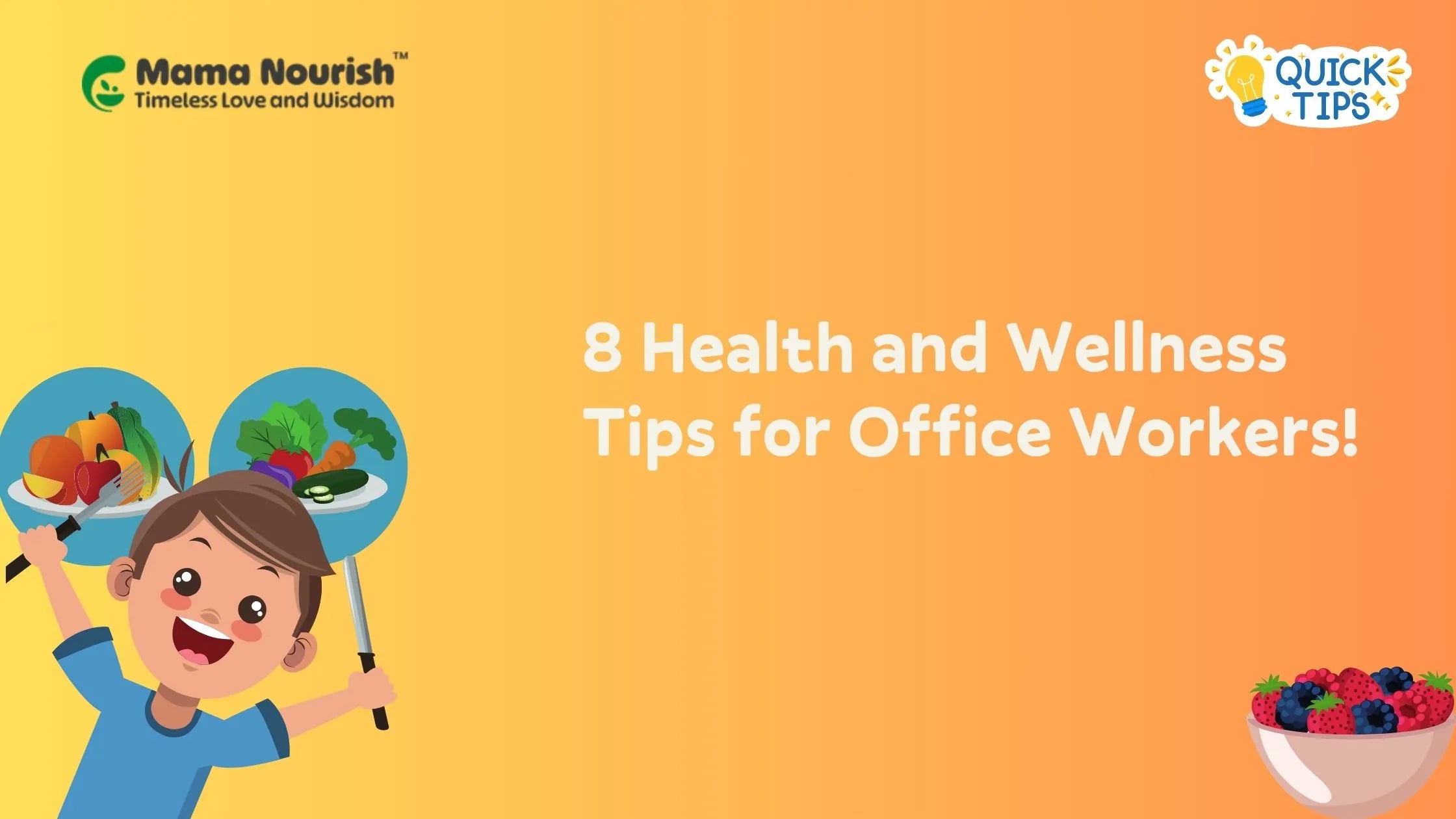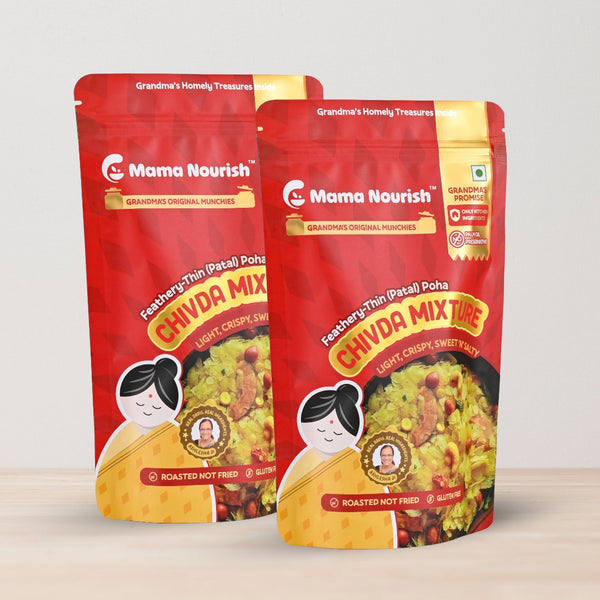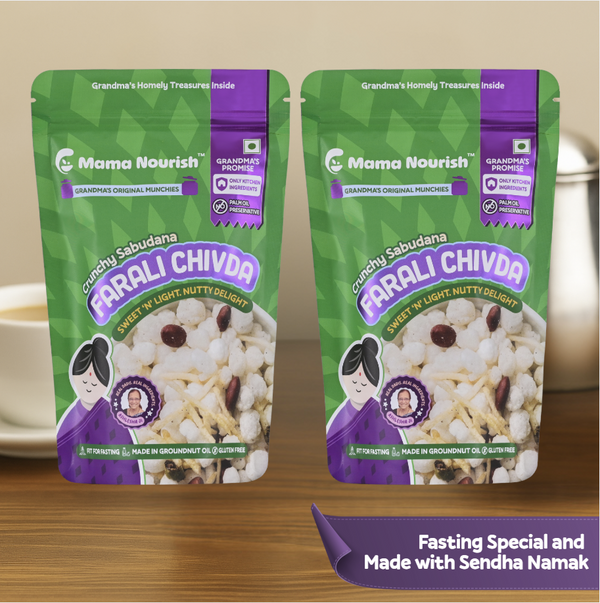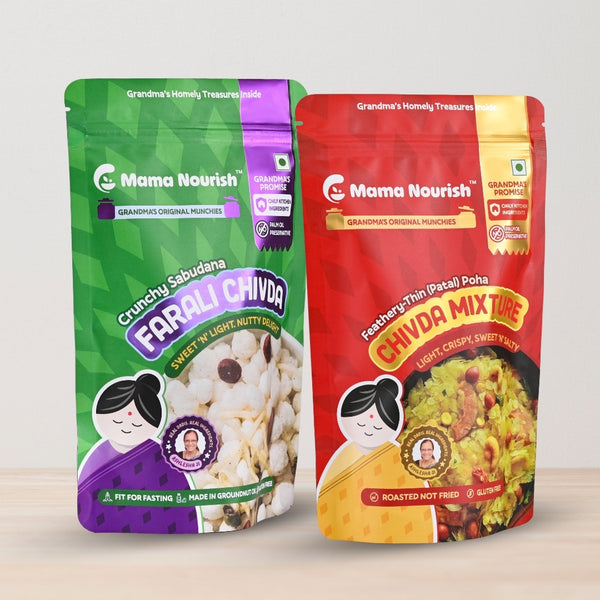
8 Health and Wellness Tips for Office Workers!
Are you struggling to balance the demands of a busy office life with healthy eating?
The back-to-back meetings, tight deadlines, prolonged sitting, late-night parties and the tempting call of the easily available junk food and sugary drinks all add up to messy eating habits. In fact, there are some simple yet effective steps you can take to ensure wellness and boost your productivity while chasing those deadlines.
How about we discuss these steps? Since we are talking about wellness, let's begin with the diet.
8 Health and Wellness Tips for Office Workers
1. Eat a Balanced Diet

When it comes to healthy lifestyles the most important aspect is eating a healthy balanced diet. According to ICMR, a balanced diet for 2000 Kcal can have a combination of,
1. Cereals & Nutri Cereals including millet (250g)2. Vegetables (400g)
3. Fruits (100g)
4. Pulses & legumes (85g) (30g of pulses can be substituted with fish/flesh foods)
5. Milk/curd (300ml)
6. Nuts & seeds (35g), Fats & oils (27g)
For cereals/millets, you can consume soaked and boiled whole grains, in fact, at least 50% of whole grain is recommended. While buying vegetables, try to include green leafy vegetables, which can be used to make curries, chutney, etc. It's a good option to end your meal with fruits. A Healthy diet should give enough macronutrients like carbohydrates, fat, protein and micronutrients like vitamins and minerals.

Adding different food groups like cereals (rice, wheat, millets, etc.), pulses (lentil, green gram, chickpea, etc.), seasonal vegetables and fruits especially Green leafy vegetables (GLV), nuts (almonds, pistachios, cashew nuts etc.), oil seeds, vegetable oil, dairy(milk, curd, buttermilk), roots and tubers ( beetroot, radish, carrot, tapioca, sweet potato, etc.), spices and herbs (Turmeric (haldi), ginger, mustard, pepper, cumin, coriander (dhania), etc), fish and meat for non-veg, makes a balanced diet which provides both macro and micronutrients. This is one of the best wellness tips for office workers.
2. Make Meal Plans and Meal Prep

Weekly and daily Meal planning and meal prepping are good strategies for professionals aiming to maintain a healthy diet amidst busy schedules. This approach not only saves time but also promotes better portion control and reduces the likelihood of opting for less fast healthy foods, promoting mindful eating and productivity.
Meal prep can be done in various ways–
1. Batch Cooking: Cooking large quantities of food at once, then portioning them into individual meals for the week.
2. Snack Packs: Preparing healthy snacks like cut fruits, nuts, snack bars, etc., portioned for easy access during busy days.

3. Ingredient Prep: Preparing ingredients like chopping vegetables for specific preplanned dishes in advance to streamline cooking during the week.
4. Freezer Meals: Cooking meals are specifically designed to be frozen and reheated later, providing convenience and variety.
5. Mason Jar Meals: Layering ingredients in jars, such as healthy salads for grab-and-go convenience.

3. Go for Healthy Swapping
We can swap many food items we generally consume for better and healthier choices to avoid obesity and other health problems common, especially for people who work by sitting continuously.
For example, you can eat sprouts and low-calorie salads made from fresh vegetables instead of high-calorie processed junk foods. In fact, sprouts are so nutritious and are a superfood from grandma's kitchen. Similarly, instead of soft drinks, energy drinks and other beverages, go for natural drinks like lemon juice, buttermilk, coconut water, lemon juice with chia seeds etc.

Processed cakes, pastries, etc, with refined ingredients and other harmful food additives, can be replaced with traditional options like ladoos made from nuts, millet, seeds, etc. These grandma recipes contain minimal ingredients but are healthy, you can make them at home or buy healthier ones. Additionally, deep-fried snacks can be swapped with nuts and seeds which provide healthy fat.
You might love drinking fresh juice, but replacing them with whole fruits is a better option since they provide dietary fibre in addition to vitamins and minerals. Many sauces, jams and dips you buy from the market are highly processed and contain food additives, replacing them with chutneys and other homemade dips are great ways to practice healthy eating.

4. Keep Yourself Hydrated
Generally, it is advised to drink about eight 8 glasses of water a day, totalling about 2 litres. The European Food Safety Authority recommends 2.0 litres and 2.5 litres of water per day for women and men respectively. The amount of fluid intake will vary according to seasons, environment, and physical activity.
Water is preferred over other beverages like coffee and tea which may become addictive if not limited. As mentioned above you can drink buttermilk, lemon juice, chia seeds soaked in lime juice, and fresh lemon juice as additional fluids. Carrying a water bottle and setting reminders will help to ensure adequate water intake. This is one of the best health tips for office workers.

5. Don't Skip Breakfast
Have you heard the famous quote" Eat breakfast like a king, lunch like a prince, and dinner like a pauper." by famous nutritionist Adelle Davis?
Breakfast is considered the most important meal because it replenishes energy and essential nutrients after an overnight fast. Plus, a good breakfast gives a positive start to your day. Regularly eating a nutritious breakfast helps regulate metabolism and can aid in maintaining a healthy weight. Try making healthy and easy-to-make recipes like idli, upma or healthy salads to kick off your busy day.

6. Practice Regular Yoga
Regular yoga helps to improve posture, reduce stress, and increase flexibility, which helps counteract the effects of prolonged sitting. It also boosts energy and focus, contributing to higher productivity and overall well-being.
In fact, the Ministry of AYUSH launched the "Y Break" initiative which showcases short, structured yoga sessions designed for the workplace. These 5-10 minute routines, incorporating simple stretches, breathing exercises, and meditation, can be done right at the workstation, promoting wellness and relaxation during the workday. Besides yoga, light exercises like a morning walk also help to remain physically active. This is also one of the best healthy tips for office workers.
To check out yoga sessions especially made for workaholics, explore-Y-Break

7. Reduce Sugar Intake
Sugary snacks and beverages might seem tempting during a long workday. However, excessive sugar intake can lead to negative health effects.
According to ICMR dietary guidelines, consumption of sugar that contributes over 5% of total energy intake per day or 25 g/day (based on an average intake of 2000 Kcal/day) is defined as 'high' sugar. It is advised to avoid added sugar completely as it has no nutrients but just add calories. Also, be wary of hidden Sugar in processed food. Avoiding HFSS foods, i.e., high in oils/fats/ added sugar and salt, is one of the best ways to healthy eating.

8. Read the Food Labels Carefully
The key to finding healthy foods is decoding food labels. But it looks tricky as most ultra-processed food comes with great colourful packaging but the ingredients and nutrition facts will be written in a hard-to-read way. Besides, they can be deceptive, like many no-added-sugar products containing hidden Sugar. So, it is important to learn about decoding food labels to make informed choices.
To decode food labels like a Pro check out our article on food labeling-know what you eat

Embracing Wellness like a Pro
Embracing Wellness and following healthy eating habits amidst a busy life can be challenging, but these 8 healthy lifestyle tips make it easier to manage, so why not take these simple steps for healthy work days?

Note: It's important to consult with a healthcare professional before following any specific diet and fitness plan as individual nutritional and physical needs may vary.
Share
Thanks for the great information. for more information visit us on pg diploma in clinical research





